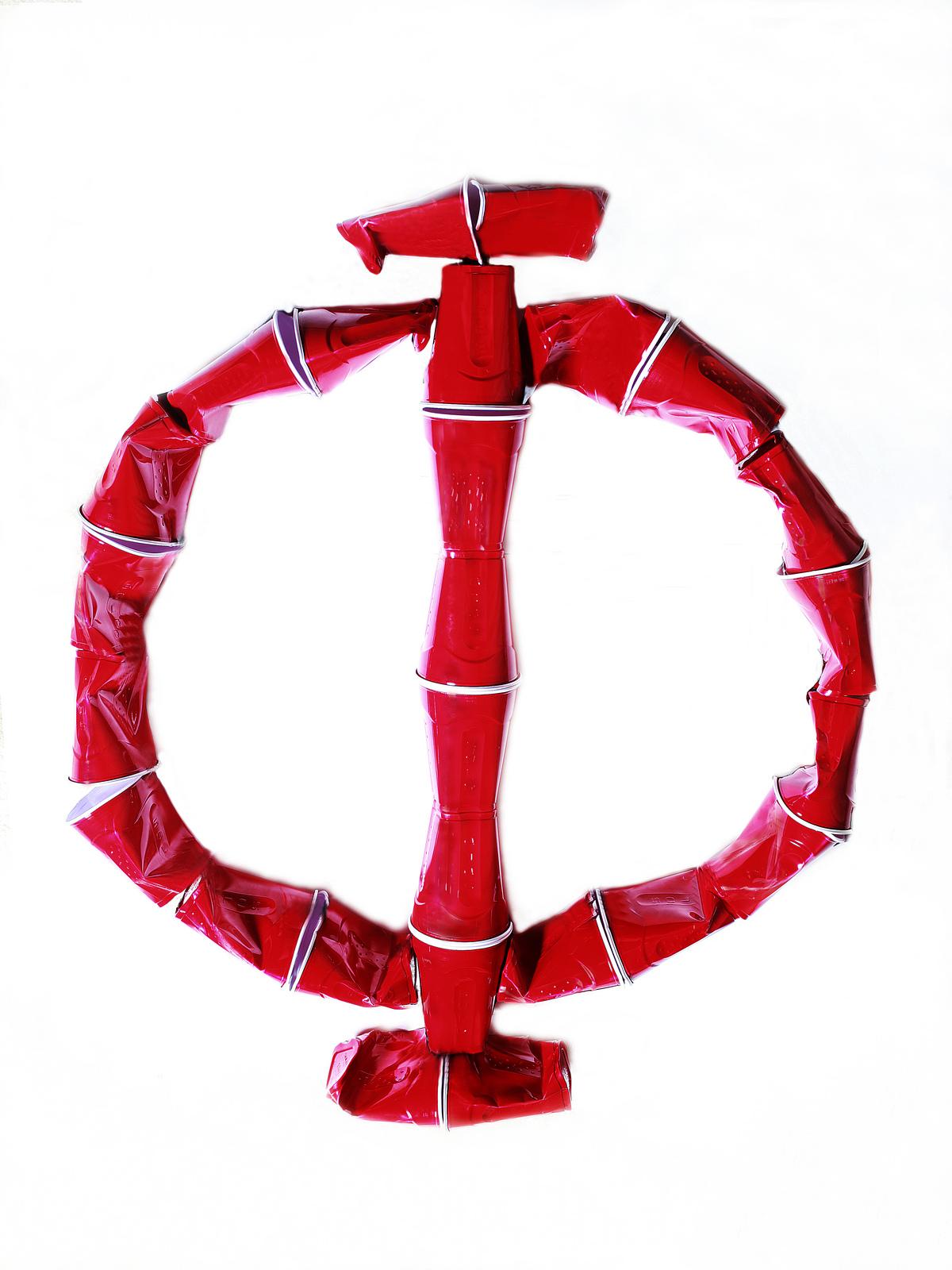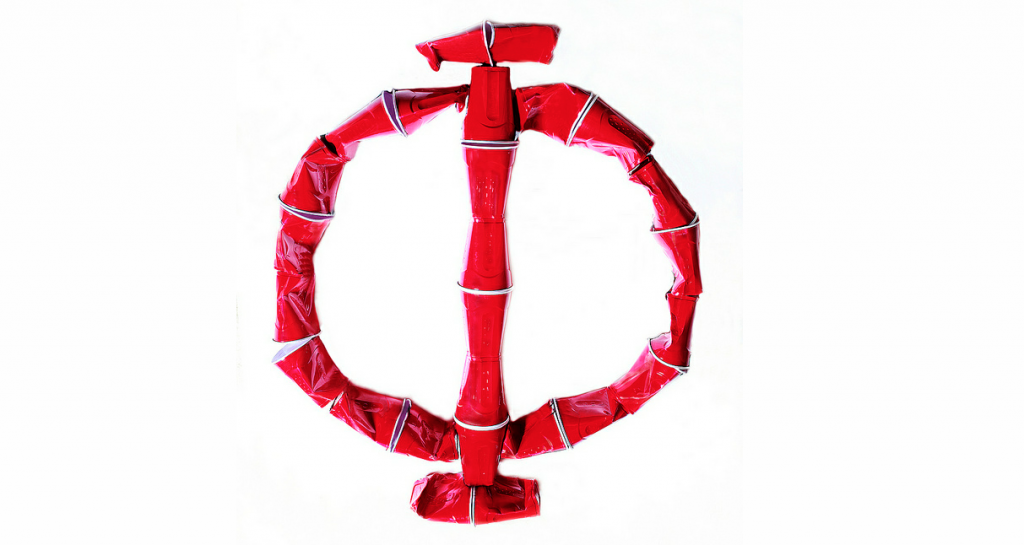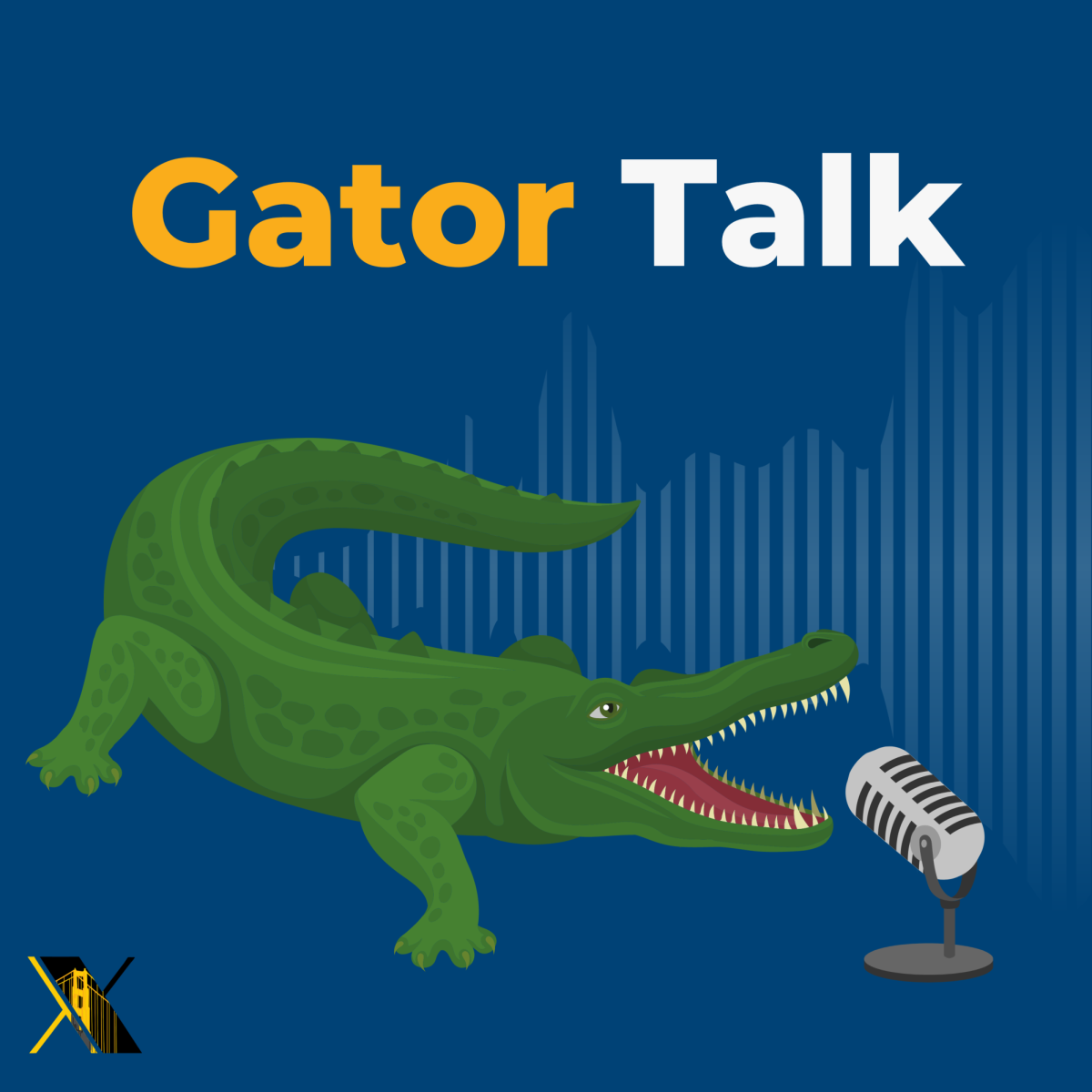
SF State’s Greek Life returns to campus this fall with their usual plans and goals of finding new members, but with a cloud hanging overhead: the death of Peter Tran last spring.
SF State’s administration first took action by expelling the fraternity whose hazing Tran’s death is linked to. Now an investigation is underway while the campus brings in a peer responsibility program focused on alcohol poisoning awareness.
“The University has policies, procedures and resources in place for all students and student organizations regarding various wellness issues, including alcohol and other drugs,” said Dean of Students Joseph Greenwell in an email to Xpress. “The University has and will continue to work closely with student organizations, including fraternities and sororities, to discuss and educate students on these issues.”
Tran’s Death and Its Effect
Tran died at Lambda Phi Epsilon’s crossover party last April, presumed to be a pledge that had finished the initiation process to join the fraternity. Lambda Phi Epsilon is a national Asian American fraternity that started crossing classes, or initiating official members, for their Omicron chapter in 1993.
Tran’s body was found the morning after the party. He was presumed to have died sometime during the night and was likely to be sleeping. Alcohol appears to have played a factor in his death, though it has not been confirmed by toxicology tests.
Lambda Phi Epsilon was expelled following a full student organization review, according to Dean of Students Joseph Greenwell.
Other members of the fraternity are also going through the University’s student conduct process.
This is not the first hazing incident by Lambda Phi Epsilon. In 2005, two of their pledges died from hazing incidents: first, Jack Phoummarath at University of Texas from alcohol poisoning, and then Kenny Luong at Cal Poly from injuries of a staged football game of pledges and alumni. In 2008, The Daily Northwestern published a hazing story on Lambda Phi Epsilon pledges being forced to drink gallons of strange but nonalcoholic fluids.
The SF State Hazing Policy states that under California law, any participation in hazing is a criminal offense.
SF State forbids “Physical abuse, commonly known as hazing, but not limited to, paddling, slapping, kicking, choking, scratching and exposure to extreme water temperatures…excessive mental stress…verbal abuse, including, but not limited to, shouting, screaming, or use of derogatory, profane or obscene language.”
The rest of the policy follows Matt’s Law, which was named in memory of Matt Carrington, who died in the basement of a fraternity house while attending CSU Chico. Matt’s Law is a California law that allows for felony prosecutions when serious injuries or deaths are the result of hazing rituals.
The law amended both the California Penal and Education Codes, raising charges for hazing from misdemeanors to felonies. Under Matt’s Law, anyone involved with the hazing that killed Tran could spend a year in jail and face a one-year fine, whether or not they are a student or an official organization member with the campus.
With the fraternity now expelled, Lambda Phi Epsilon will no longer be recognized as an organization at SF State, removing all their abilities to remain on campus. That brings the number of Greek organizations down to 29.
Steps to Greater Alcohol Responsibility
There is only one new official change at both SF State and the CSU system: the Aware Awake Alive program.
A nonprofit created by parents who lost their son, Carson Starkey, to hazing at Cal Poly in 2008, Aware Awake Alive works with universities and high schools to implement their Toolbox program.
“It addresses the relationship that friends have,” said CSU Spokesman Erik Fallis. “The goal is to have a person’s friends recognize the dangers of alcohol poisoning and take responsibility to get them help.”
This peer-to-peer nature of the program has created a cultural effect on each campus it’s brought to.
“The movement has taken root deeply (at Cal Poly) and spread to 65 other campuses,” said David Wyatt, spokesman for Aware Awake Alive. “The cultural shift gets strength and staying power from a non-judgemental message, its peer-to-peer nature, and how our Toolbox is a set of resources rather than a rigid system.”
August 1 the CSU website and the Aware Awake Alive Facebook page announced that Chancellor Timothy P. White committed to roll out the Toolbox for the entire CSU system.
How the Aware Awake Alive Toolbox program will affect SF State is hard to determine.
“It’s hard to isolate the effect to just one program,” said Fallis. “We encourage campuses to explore a lot of programs.”
The University continues to discuss new programs and resources for students in addition to Aware Awake Alive, according to Greenwell.
Aware Awake Alive does hope to positively affect the campus through the awareness it provides.
“Our goal for SF State would be to turn the death of Peter Tran into a transformative moment for the student body and the campus awareness,” said Wyatt from Aware Awake Alive. “We challenge SF State to honor Tran by doing better.”
But even without these programs, events like this can be prevented by students.
California has a medical amnesty policy allowing limited protection to people involved in illegal activity who bring or call in someone in medical danger.
This kind of action might prevent some of the reported 1,825 alcohol-related deaths of 18 to 24-year-old college students, according to the National Institute of Alcohol Abuse and Alcoholism.
In California, excessive alcohol use resulted in more than 10,000 deaths, with alcohol-related injuries that cause deaths and hospitalizations most likely in the 20 to 34 age range, according to the Open Epidemiology Journal.
Effects on Greek Life
“The University started a dialogue with the Greek community early on after learning about the incident,” said Greenwell. “Although fraternity and sorority student leaders see this as an isolated incident and not representative of the Greek community, they are also taking this seriously.”
Daniel Reyna, a brother of local fraternity Zeta Chi Epsilon at SF State and the Fall 2013 Vice President and Rush Director, said he believes that Tran’s passing won’t have an effect on this fall’s rush.
“Orgs are going to be safer,” said the fifth year Recreation Parks and Tourism major. “If anything, it’ll benefit the pledges because they’ll have a safer process.”
Kevin Judge, a brother and current recruitment director for national fraternity Alpha Sigma Phi’s Zeta Lambda Chapter at SF State, thinks Greek life should take this as a chance to step up.
“Unfortunately, due to the circumstances, it will likely fuel the stigmas and stereotypes that already plague the Greek image,” said Judge, a finance major. “Hopefully, however, we can use this sad and sobering turn-of-events to step up and prove that Greek life is here to help students with more than their beer-pong aim.”
Orgs can agree with Reyna that deaths are unwanted at SF State fraternities and sororities.
“No one wants to be the org that did it a second time,” he said.







